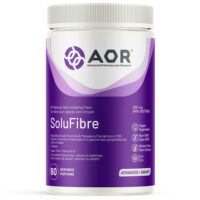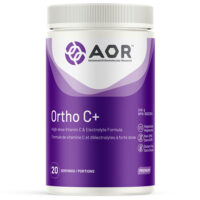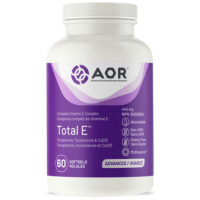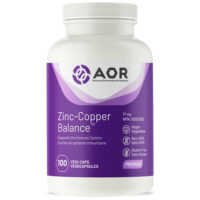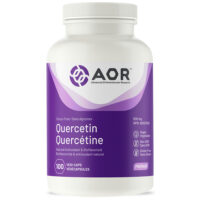Calcium is an important nutrient for everyone. It helps kids’ bones grow strong, and it can help adults fight osteoporosis. It can even help control blood pressure and aid in the function of your nervous system. Whether you are young or old, getting plenty of calcium each day is good for your health.
Dairy Foods and Calcium
If you enjoy dairy foods, you probably get a great deal of calcium from your diet. Milk is one of the best sources of calcium, and most milk products have a great deal of it as well. Yogurt, cheese, and ice cream all provide a substantial amount of calcium in each serving.
In order to get enough calcium from dairy sources, we must consume three or four servings each day. This is not hard to accomplish. A bowl of cereal or cup of milk for breakfast, a serving of cheese at lunch and dinner, and a snack of yogurt would be sufficient.
Calcium from Non-Dairy Sources
Many people do not, or cannot, consume dairy foods. Some are allergic to milk or are lactose intolerant. Others are vegans, and still others just don’t like them. It is more difficult to get in your recommended daily amount of calcium if you avoid dairy altogether, but it can be done.
Canned sardines and salmon provide as much calcium as many dairy products. These are good calcium sources for all of the aforementioned groups except for vegans. Tofu is a good choice for anyone seeking calcium from non-dairy sources, as are vegetables such as broccoli, peas, Brussels sprouts, turnip and collard greens, and kale.
If none of the above appeal to you, there is still hope for including calcium in your diet. Sesame seeds and almonds contain calcium. A number of foods are also fortified with calcium in order to make it easier for consumers to get enough of it. Some calcium-fortified foods include cereal, orange juice, bread, and drink mixes. If you drink soy milk, there are brands of it that have added calcium as well.
Those who do not get sufficient calcium through their diets are often advised to take calcium supplements. This is especially important for children and teenagers, because they need higher amounts of calcium than most adults. But if you are using a multivitamin, it is important to read the label to find out just how much calcium is in it. Many multivitamins do not have adequate calcium, so a separate calcium supplement may be necessary.
Calcium is lacking in the diets of much of the population. This can lead to bone loss and other problems. Even if you do not like milk or other dairy products, it is entirely possible to get enough calcium. Whether you obtain it from food sources or supplements, calcium can do great things for your health.


